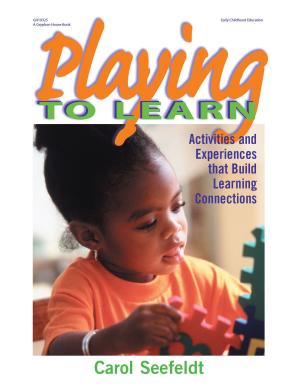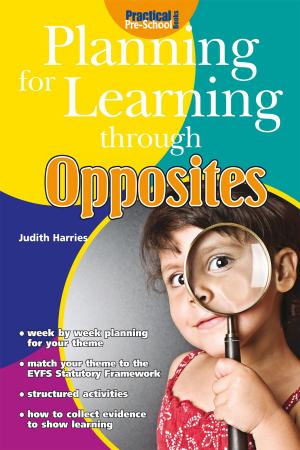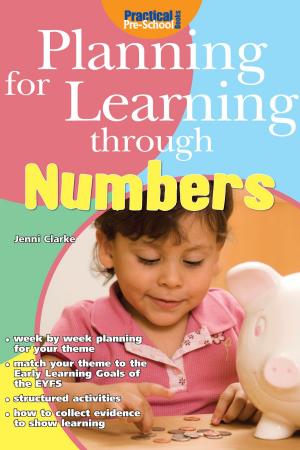Early Immersion Math: Tapping into the Linguistic Genius of Babies and Young Children
Nonfiction, Reference & Language, Education & Teaching, Educational Theory, Curricula, Preschool & Kindergarten| Author: | Evelyn Raiken Lewis | ISBN: | 9781370440023 |
| Publisher: | Evelyn Raiken Lewis | Publication: | September 18, 2016 |
| Imprint: | Smashwords Edition | Language: | English |
| Author: | Evelyn Raiken Lewis |
| ISBN: | 9781370440023 |
| Publisher: | Evelyn Raiken Lewis |
| Publication: | September 18, 2016 |
| Imprint: | Smashwords Edition |
| Language: | English |
Our education system is failing our most vulnerable students. I will build on research that has mapped the critical time to learn language and will ask us to consider that a core reason children have difficulty with math is the delay in learning the vocabulary and concepts of math in early childhood..
Math is often taught as a task oriented activity. In preschool, children add with pebbles. In elementary school, children fill out rote worksheets. Children are doing all of this busywork just when their brains are in high gear for learning language, including the language of math.
Some children hear mathematical terminology at the dinner table or in everyday conversations. They will become increasingly proficient. Others will be introduced to math terminology and concepts much later when their brains actively blocking new language patterns. As a result, many children who have successfully figured out the algorithms of their native languages think they are too dumb for the relatively simple algorithms of school math.
I will ask us to consider if shifting the emphasis in early childhood education from task-oriented math to an exploration of mathematical ideas, we can give all children an opportunity to excel in mathematical reasoning.
Our education system is failing our most vulnerable students. I will build on research that has mapped the critical time to learn language and will ask us to consider that a core reason children have difficulty with math is the delay in learning the vocabulary and concepts of math in early childhood..
Math is often taught as a task oriented activity. In preschool, children add with pebbles. In elementary school, children fill out rote worksheets. Children are doing all of this busywork just when their brains are in high gear for learning language, including the language of math.
Some children hear mathematical terminology at the dinner table or in everyday conversations. They will become increasingly proficient. Others will be introduced to math terminology and concepts much later when their brains actively blocking new language patterns. As a result, many children who have successfully figured out the algorithms of their native languages think they are too dumb for the relatively simple algorithms of school math.
I will ask us to consider if shifting the emphasis in early childhood education from task-oriented math to an exploration of mathematical ideas, we can give all children an opportunity to excel in mathematical reasoning.















